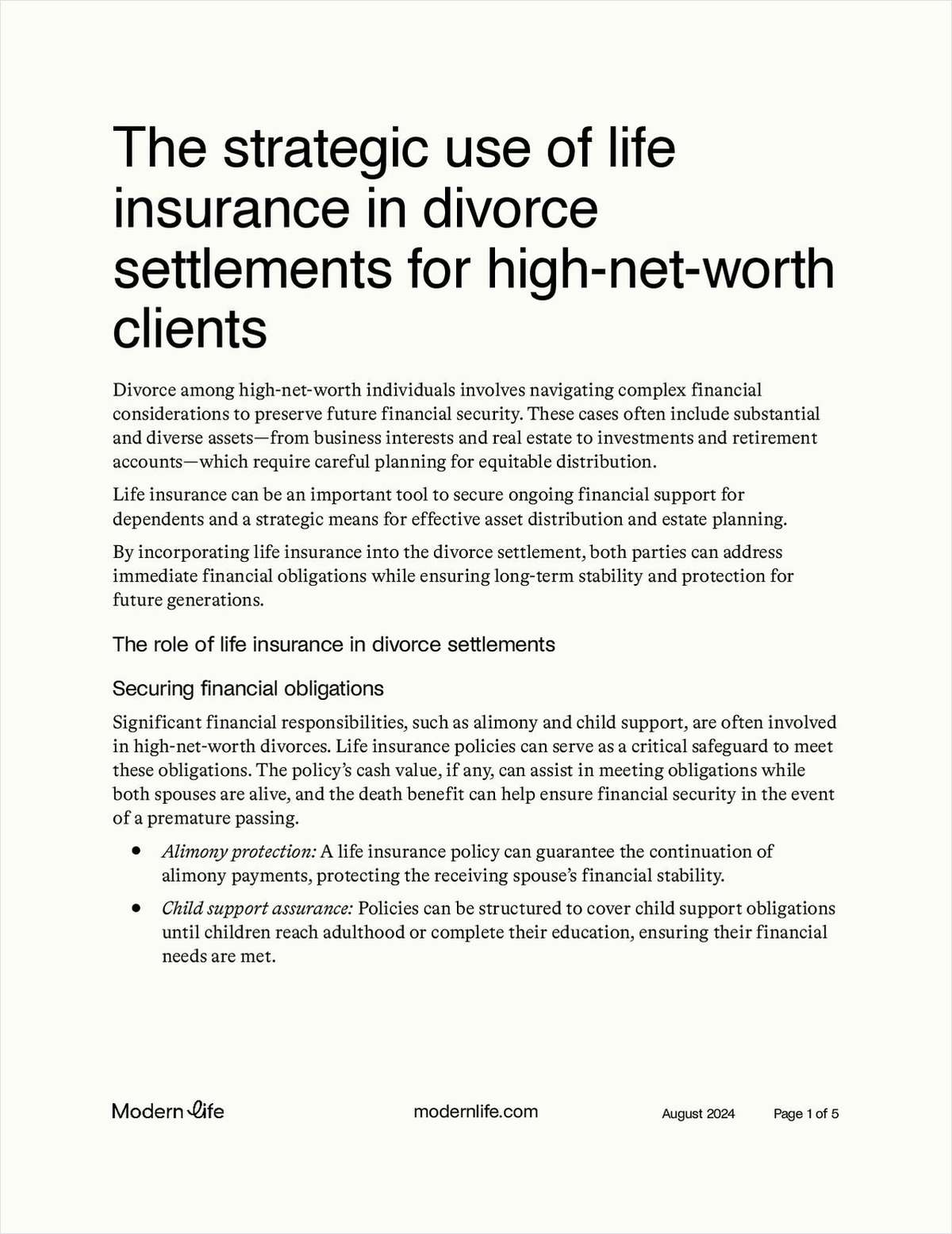Reading the December issue of Vanity Fair, I came across a curious find. Tucked among the Tiffany ads, perfume swatches and half-naked supermodels selling God-knows-what was a decidedly out-of-place picture of Daniel Kahneman.
Kahneman, for those living under rocks, is the Nobel laureate who along with Amos Tversky crystallized the concept of behavioral economics.
The reason for his appearance soon became clear. Regular Vanity Fair contributor and best-selling author Michael Lewis followed up on the success of "Moneyball" and its recent screen adaptation. Book and movie follow the real-life exploits of failed major leaguer Billy Beane as he attempts to find success in an administrative role with the Oakland Athletics. He hires Paul DePodesta, a Harvard undergraduate familiar with Kahneman's work. The two apply Kahneman's concepts, cheekily known as "ironic research" when not applied to economics, to help identify undervalued and underutilized talent. Naturally, success follows.
Surprisingly, Lewis wasn't aware of Kahneman's work; he only happened upon it post-publication when it was identified in a review of his book in The New Republic by economist Richard Thaler and law professor Cass Sunstein.



